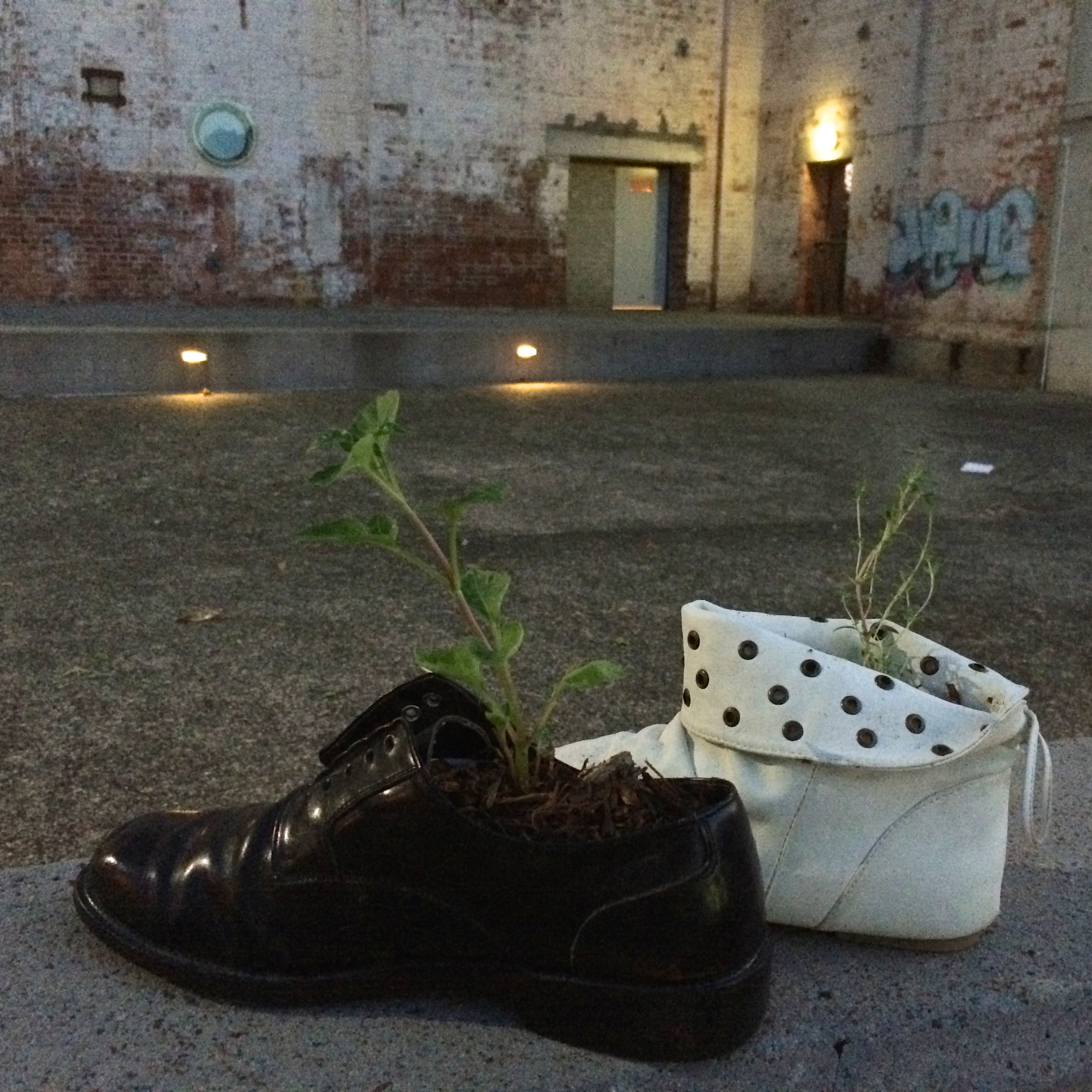Some people may not be able to afford flights across the world. Many people, even in first world countries, may not have belongings to pack. Others may dream of packing for somewhere other than a hospital or hospice. And far too many families are being forced by conflict to abandon their possessions and flee their homes. There is no time for them to pack diligently, with an eye to future climes, because they don’t know where they’re headed.
I write this amid the early morning chatter of the lorikeets, the cockatoos and the pale headed rosellas. Through the laughter of the Australian birds I hear the faint melody from my husband’s guitar. I know my girls are still sleeping in their beds, sheets kicked off in the summer heat of the subtropics. The neighbourhood cockatoo has landed on the balcony railing and is asking for his breakfast — in a polite sort of way for a cockatoo.
Over my year writing about belonging I’ve learned that belonging and helping others feel a sense of belonging is challenging. It takes a lot of effort to think of other people, to break away from habits and see the loneliness around us. It’s so much easier to be self-centered. To put on the blinkers and ignore things that frighten us or are different.
Belonging requires constant effort because we must question ourselves, our ideas, and we must allow ourselves to be open to questioning, to learning, and be prepared to admit we were wrong.
To find a true sense of belonging, we need to help others to belong, and for that we have to see the world with an open mind. We look for similarities, not differences, and we build bridges of connection on those sometimes frail similarities.
I think that’s one of the points Stella Young, a writer and comedian, was teaching us. She died this week at 32. She was born with osteogenesis imperfecta, a genetic disorder that causes bones to break easily and spent most of her life trying to turn Australia into a country that not only welcomed disabled people, but accepted them in their rightful place in society.As I finish packing for the US and Canada, I leave you with these thoughts from Stella Young:
”When I discovered the social model of disability when I was 17, it allowed me to make a distinction between the limitations of my body and the failings of society. In a nutshell, the social model tells us that we are far more disabled by inaccessible environments and hostile attitudes than we are by our physicality. My disability comes not from the fact that I’m unable to walk, but from the presence of the stairs. We are not wrong for the world we live in, the world we live in is not yet right for us, and we need to change it.”
Thank you Stella Young.

